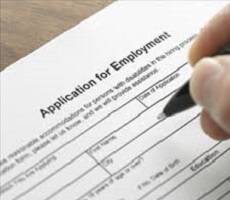July 6, 2016
Ability to meet failure with resilience is a vital management skill 0
The political fallout since the Brexit vote has left many feeling that the UK’s politicians could do with brushing up their leadership skills and prompted debate on whether some of those whose ambitions have been derailed might bounce back. A timely report from the Chartered Management Institute offers advice on the management skills they might need to employ in times of uncertainty. The report claims that within the world of business, unsupportive cultures leave managers to struggle with the fall-out from crises. Most managers (94 percent) have faced crises during their career, but only half (55 percent) have handled them professionally, according to Bouncing Back: Leadership lessons in resilience. The absence of professional management ranks as a major factor in the cause of crises in the survey of 1,100 managers; 78 percent blamed a lack of support from senior management and 68 percent cited culture failure as responsible.




































July 5, 2016
Sea and space: the final frontiers for remote working and connectivity 0
by Neil Franklin • Case studies, Comment, Knowledge, Legal news, Technology
(more…)